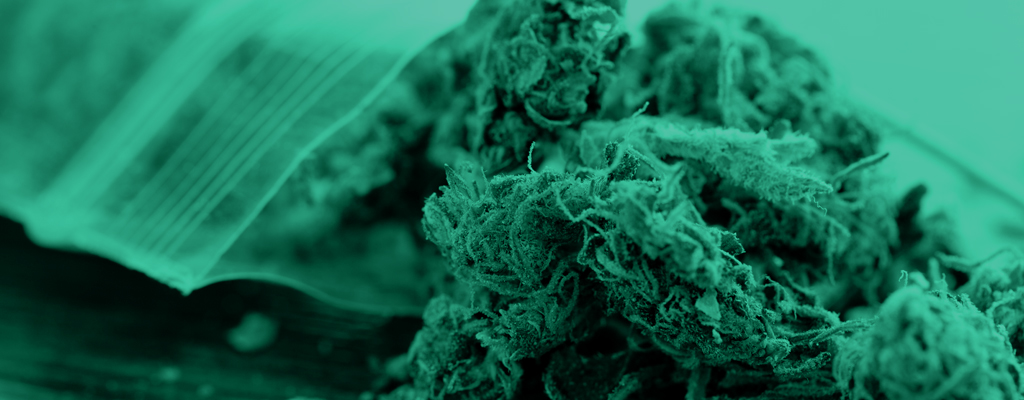The dangers of so-called legal highs

What exactly are legal highs?
Officially described as new psychoactive substances (NPS), a legal high is a mood-altering or stimulant substance whose sale is not banned by current legislation. They are made up of various chemical ingredients and replicate a similar user experience of illegal drugs such as cannabis, ecstasy and cocaine.
The 1971 Misuse of Drugs Act classifies illegal drugs based on their chemical composition. The chemical make-up of a legal high is slightly altered to get around this legislation thus making them legal. They can’t in fact be sold for human consumption and so are often marketed as bath salts, incense or plant food as another way to get around the law.
Are they safe?
A common misconception is that the word ‘legal’ means safe but these so-called legal highs are often untested, dangerous and addictive substances with potentially fatal side effects. It is has been reported by experts that the legal high Spice can be up to 100 times as potent as cannabis. The risks involved increase when taken with alcohol.
In a recent interview with the BBC, Randox Testing Services’ legal highs expert and Toxicology Manager Dr Mark Piper had this to say:
“You don’t know what’s in them and what quantities of chemicals are used. It’s very much backroom and underground chemistry that’s behind all this. There’s no pharmaceutical use for them. They weren’t even designed to be used on humans.”
Prevalence
In 2012 there were 97 deaths reported in the UK alone (up from 12 in 2009). In a recent case in May 2015 five students were hospitalised at Lancaster University. There is no doubt that legal highs are becoming more prevalent. Research is being carried out to investigate what exactly legal highs contain and how potent they are. In many cases it’s been found that they actually do contain illegal substances.
Testing for legal highs
Randox Testing Services provides drug and alcohol services including tests for new legal highs. For more information on our tests for psychoactive substances click here or get in touch.